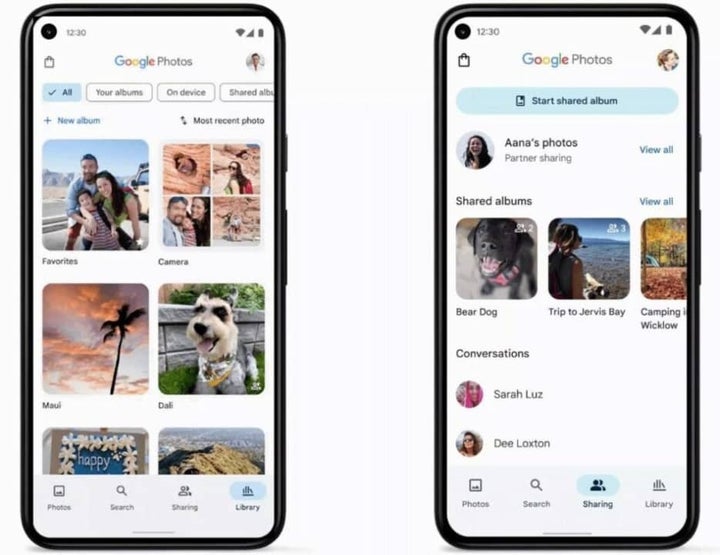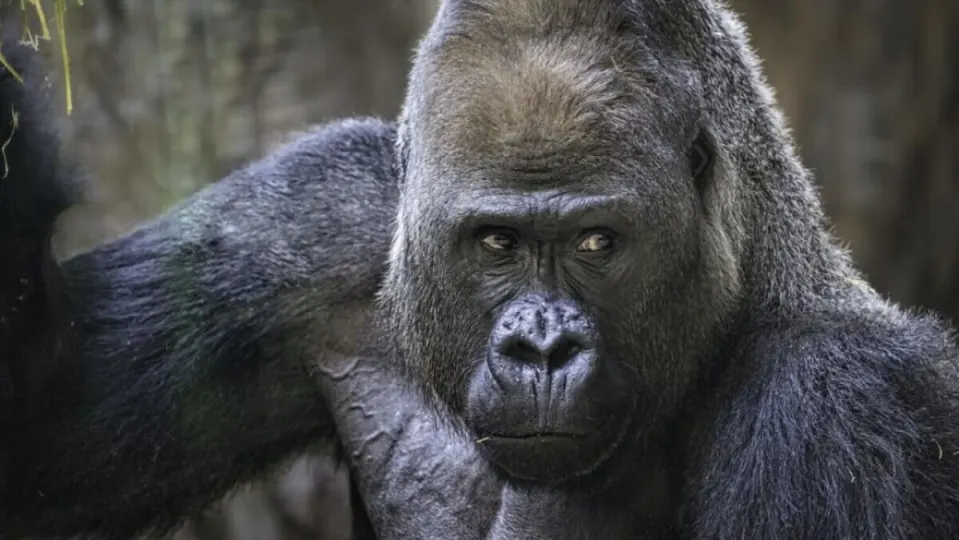In recent times, it can be said without fear of being wrong that technology has advanced by leaps and bounds. The general public has discovered the power of artificial intelligence and content generation with just a click. However, there are “major challenges” that continue to resist the power of technology companies, such as the accurate identification of gorillas.
And it’s because, although it may seem trivial and anecdotal at first, it is symptomatic of a much larger problem. Google Photos, the popular gallery application, launched a new feature in 2015 that analyzed your photos so you could search for them using terms. Want to find a photo of a dog? Simply type the term “dog” into the Google Photos search bar, and it would locate images where at least one dog was present. However, this functionality had some, at the very least, serious “errors”.
Software developer Jacky Alciné came across one of these “errors” when he discovered that Google Photos had mistaken him and a friend (both of them being African American) for gorillas in some photos. Google’s solution was quite simple: disable gorilla search and prevent any object, plant, person, or animal from being labeled as such.
Years later, The New York Times has decided to test this detection technology once again. While it was initially found in Google Photos, now tools like Amazon Photos and Microsoft’s OneDrive have been incorporating it natively for quite some time. After all these years, has this issue been resolved?

In a short answer, The New York Times is very clear: no. Among some of the tested applications, we find Amazon Photos, Apple Photos, and Google Photos, for example. Despite their great fame and popularity, all of them still encountered many problems in identifying what a gorilla was. While it is not believed to be due to lack of capabilities or computational power, there is a common observation: the fear of making such glaring mistakes again, as was the case with Google Photos.
After 8 years, Jacky Alciné himself expressed deep disappointment with how this issue remains unresolved. Ultimately, these products reflect the same structural problems found in most societies today. What good is such advanced technology if it continues to lack inclusivity in all its aspects?
Some of the links added in the article are part of affiliate campaigns and may represent benefits for Softonic.



